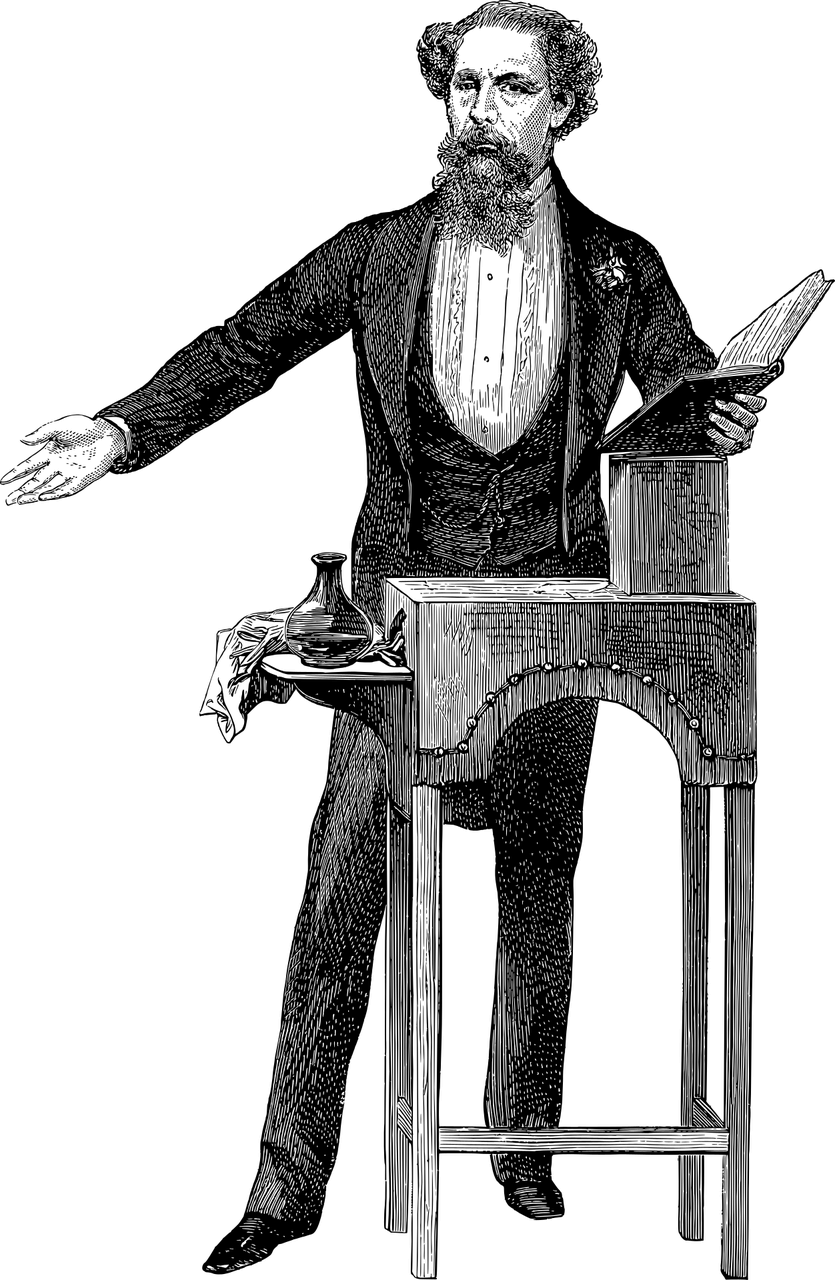Homer Simpson: A Beloved Icon of Pop Culture

Introduction:
Homer Simpson is a fictional character known for his iconic role in the animated television series “The Simpsons.” Created by Matt Groening, Homer is the clueless yet lovable patriarch of the Simpson family. With his distinctive voice and catchphrases, Homer has become a household name and a cultural phenomenon. In this article, we will explore the history and evolution of Homer Simpson, providing an in-depth analysis for those interested in understanding this iconic character.
Historical Development:

Homer Simpson first made his debut on television on December 17, 1989, in the premiere episode of “The Simpsons.” Initially conceived as a satirical caricature of the average American working-class man, Homer quickly gained popularity and became the heart of the show. This animated character, voiced by Dan Castellaneta, has undergone significant development and transformation over the years, captivating audiences around the world.
Evolution of Homer Simpson:
From his early days, Homer Simpson has grown into a multidimensional character with numerous layers and complexities. Initially portrayed as a clumsy, beer-loving, and doughnut-addicted father, Homer’s personality gradually expanded. He became a symbol of the comedic struggles and challenges faced by ordinary individuals. Homer’s relatability lies in his flawed yet endearing nature, making him a true icon of the working-class.
Throughout the series, Homer’s relationships with his family members, particularly his wife Marge and children Bart, Lisa, and Maggie, have been a central focus. While he may not always make the best decisions, Homer’s sincere love for his family shines through. It is this relatability that resonates with viewers, pulling at their heartstrings while simultaneously making them laugh.
In later seasons, the show delves deeper into Homer’s character, presenting him as more than just a bumbling father figure. Episodes explore his dreams, ambitions, and even showcase his hidden talents, such as his remarkable ability to play the guitar. This evolution has allowed viewers to connect with Homer on a deeper level, empathizing with his struggles and celebrating his occasional victories.
Homer’s Impact on Pop Culture:
Homer Simpson’s influence extends far beyond the boundaries of the small screen. The character has become synonymous with American pop culture and has left an indelible mark on society. With his iconic phrase “D’oh!” infiltrating everyday language, Homer has become a recognizable symbol referenced in countless TV shows, movies, and even political campaigns.
Homer’s enduring popularity is evident in the numerous awards and accolades the character and the show have received over the years. From the prestigious Emmy Awards to being included in Time magazine’s list of the 100 greatest TV characters of all time, Homer’s place in the cultural zeitgeist is undisputed.
Featured Snippet Potential:
To increase the chances of this article appearing as a featured snippet on Google, it is crucial to structure the text effectively. By dividing it into several sections, each with their own distinct heading (H2 tags), we create a clear and organized format. Additionally, using bullet points, such as the ones highlighted above, provides concise and easily digestible information for readers.
In this section, you can insert a video that showcases some of Homer Simpson’s most memorable moments or provides further insight into his character. This visual inclusion will engage the audience further and enhance the overall reading experience.
Conclusion:
Homer Simpson has undoubtedly secured his place as one of the most iconic characters in television history. From his humble beginnings as a satirical representation of the average American, he has evolved into a fleshed-out, relatable character who has touched the hearts of millions worldwide. With his enduring popularity, Homer’s impact on pop culture is undeniable. As viewers continue to laugh and connect with his humorous antics, Homer Simpson remains a beloved figure, symbolizing the common struggles and triumphs of everyday life.





